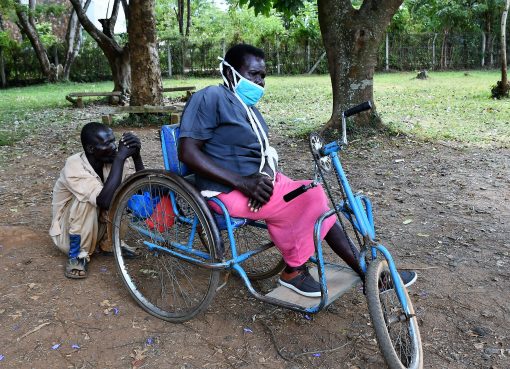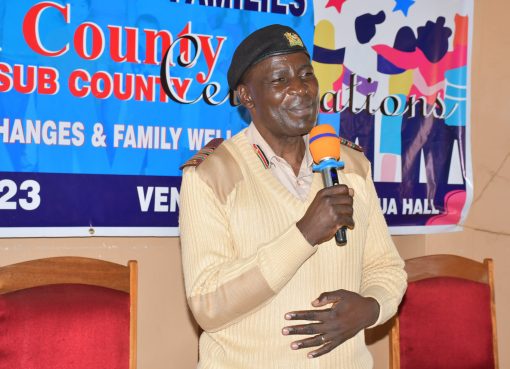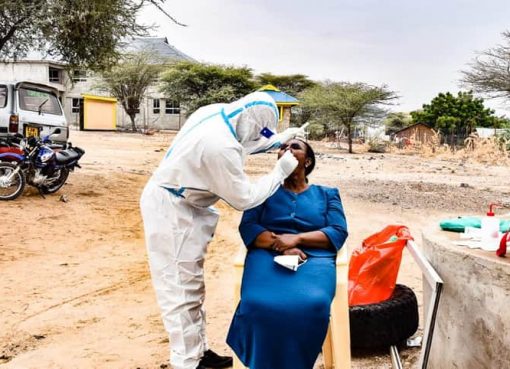Kajiado County residents have been urged to take advantage of the on-going heavy rains and harvest water for future use.
County Executive Committee Member (CECM) for Water Dr. Leina Mpoke, said most parts of the county were currently receiving heavy rains and it was prudent to harvest water to use during dry seasons.
Speaking in Kajiado after chairing a workshop on the Financing Locally Led Climate Action (FLLOCA) Program, Mpoke said many residents were still grappling with water shortage even during the rainy season as they have not invested in water harvesting techniques.
He challenged the locals to purchase water storage tanks and install gutters on their roofs to harvest the commodity that he stressed was going to waste.
“The rains are here with us and I want to urge residents to harvest the water to prevent it from going to waste. Rain water harvesting will help address water shortages during the dry season,” said the CECM.
On the FLLOCA program Mpoke said it was timely as it seeks to deliver locally-led climate resilience actions and to strengthen county and national governments’ capacity to manage climate risks.
“The community’s views on climate change and interventions will be heard as the FLLOCA program is geared towards locally-led climate change interventions,” he added.
Developed with support from the World Bank, Denmark and Sweden, the FLLOCA program establishes the first national-scale model of devolved climate finance and supports Kenya to translate its ambition into scaled-up action on the ground.
The program recognizes that locally-led adaptation can be more effective than top-down interventions, as local communities are well versed with the context and what is needed to drive change.
It is geared towards looking at innovative and decentralized approach to tackling climate change impacts.
Ninety per cent of program funding from FLLOCA will be spent at county and community levels to ensure that support for climate resilience reaches those most at risk, including women, youth, persons with disabilities, elders, and other traditionally marginalized groups.
By Rop Janet





